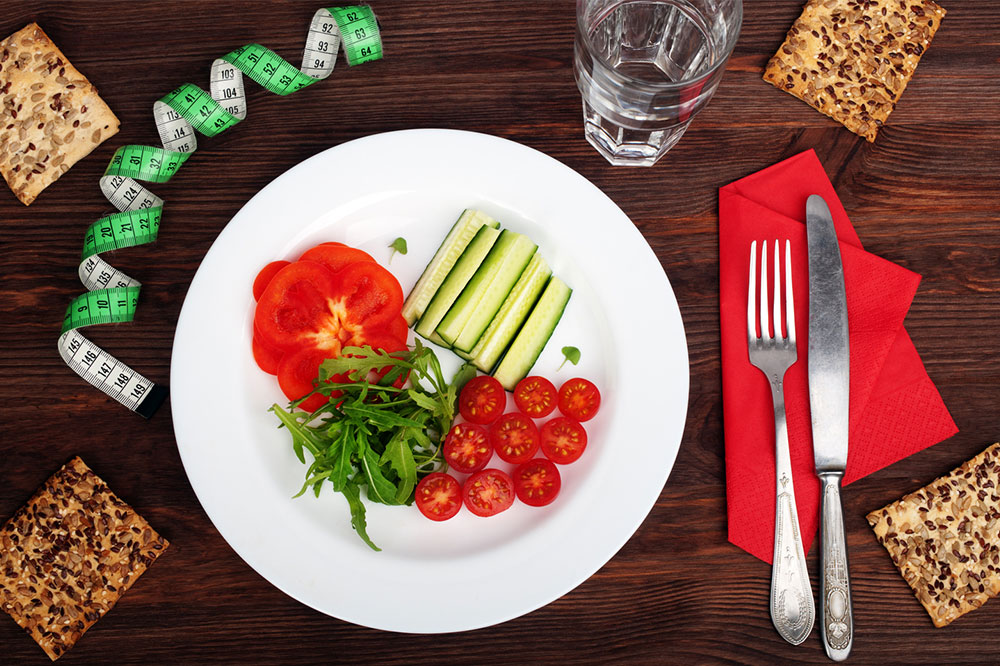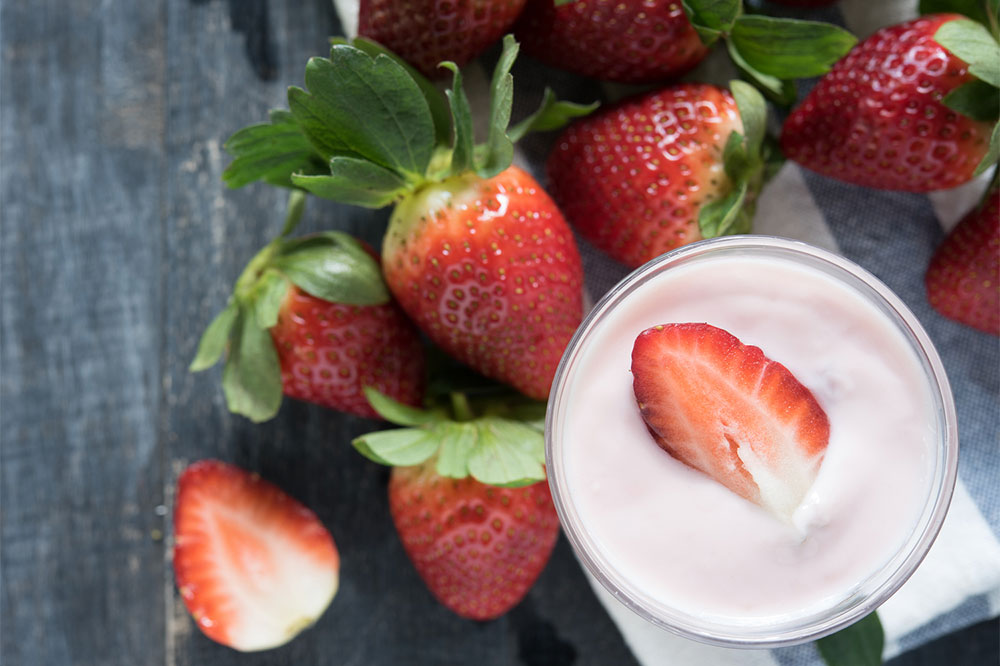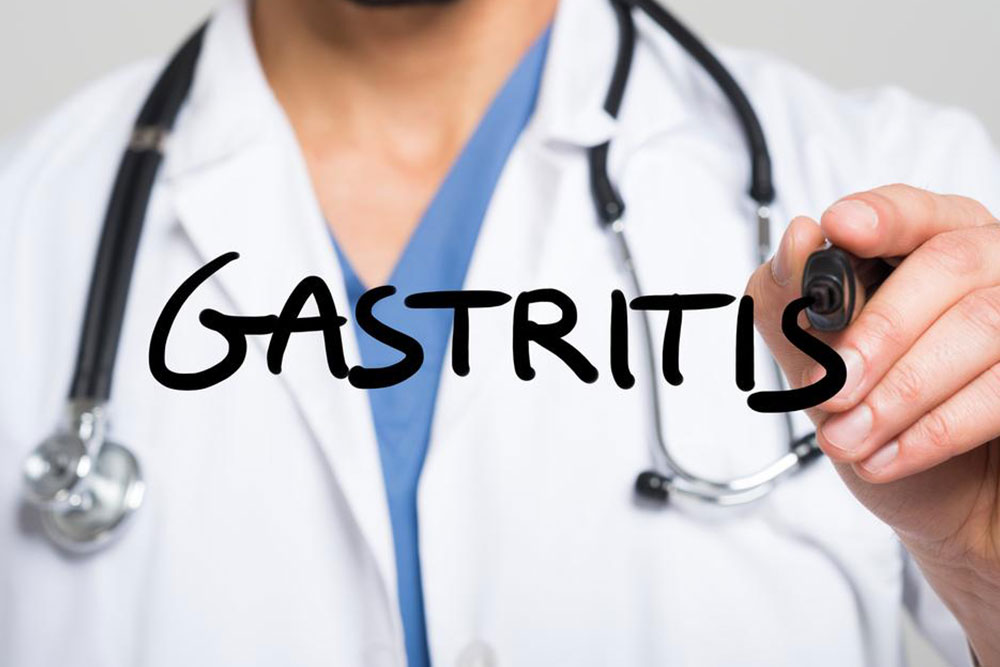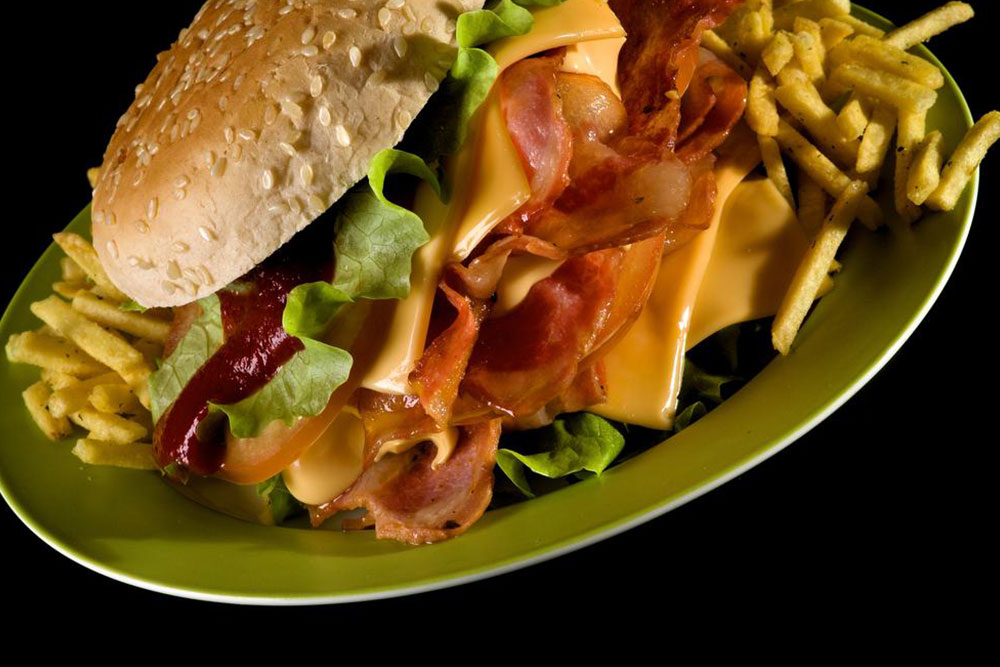Effective Dietary Strategies for Managing Gastritis
Discover effective dietary strategies to manage and alleviate gastritis symptoms. Incorporate nutrient-rich foods like broccoli, probiotics, garlic, and ginger into your daily routine while avoiding irritants like caffeine and processed foods. Adopting these dietary habits can promote healing, reduce inflammation, and lower the risk of complications. Consistency and patience are crucial for long-term relief. Prioritize a balanced diet and natural remedies to support your stomach health and prevent future issues.

Effective Dietary Strategies for Managing Gastritis
Gastritis Symptoms such as heartburn, nausea, hiccups, and black or tarry stools may indicate stomach lining inflammation. This condition results from irritation or inflammation of the stomach’s inner surface, which can last from a single day to several weeks. The presence of Helicobacter pylori bacteria can also cause gastritis.
While many cases of gastritis are mild and treatable with antacids and acid reducers, some forms may cause ulcers or increase the risk of gastric cancer. Adopting a nutritious diet can effectively alleviate both mild and severe symptoms.
Foods to Incorporate
Broccoli
Rich in sulforaphane, broccoli can combat H.pylori bacteria responsible for gastritis. Broccoli sprouts contain significantly higher levels of this compound, making them especially beneficial.
Probiotics
These beneficial bacteria help repair the gut lining, reducing the likelihood of gastritis. They enhance digestion and nutrient absorption. Include organic yogurt, kimchi, kefir, and sourdough bread in your diet for probiotic intake.
Garlic
Known for its antimicrobial properties, garlic can help fight H.pylori bacteria. Use small amounts initially if you have acid reflux, gradually increasing intake based on tolerance.
Ginger
With anti-inflammatory and antioxidant effects, ginger can soothe the stomach and promote healing, alleviating bloating, nausea, and pain.
Cranberries
These berries contain flavonoids that inhibit H.pylori growth, reducing gastritis risk. Additionally, foods like apples, turmeric, beets, carrots, and green tea may help ease symptoms.
Sweet Potatoes
As a nutritious alternative to regular potatoes, sweet potatoes support gut health with their vitamin A content, aiding tissue repair. Other beneficial foods include carrots, leafy greens, asparagus, apricots, and peaches.
Foods to Avoid
Drinks
Coffee, soda, and alcohol can increase stomach acidity, aggravating symptoms and damaging the stomach lining.
Processed Foods
Packaged foods often contain preservatives and additives that weaken immune defenses over time, complicating treatment. Avoid soy, corn, grains, potatoes, sweets, spicy, and fatty foods during flare-ups.
Making these dietary adjustments permanent can lead to gradual symptom relief. Patience is key, as consistent diet management is essential for recovery. Incorporate natural remedies like manuka honey, known for its antibacterial properties, or simply sip warm water to soothe irritation.
Today’s busy lifestyle makes health management challenging; however, early recognition and lifestyle modifications are vital. Prioritize your health by planning a balanced diet to prevent future complications.
Note:
The information shared here aims to provide practical advice across various health topics. While based on research, it should not replace professional medical consultation. We disclaim responsibility for inaccuracies or variations in data across sources. Additionally, some relevant offers or schemes may not be included.










